When is depression truly resistant to treatment or just difficult to treat?
Dr. Ellen Diamond Ph.D, Resident Psychologist Ketamine Wellness Centers.
A commonly prescribed first choice antidepressant showed no measurable effect on half of the patients tested according to a major study of depression by the National Institute of Mental Health. At that point most mental health clinicians will often start over and put the patient on a different medication or may add more antidepressants. After enough failures the patient’s suffering is declared “treatment resistant” – so then what?
Some psychiatrists suggest “our current treatments for depression appear to be no more effective than they were 50 years ago”1. Coincidentally the term “treatment resistant depression” (TRD) first appeared 40 years ago. While often interpreted as a failed response to two different antidepressants in 6 weeks, the snag is there is no actual agreement on what TRD means. What many do agree on however is that to a patient it sounds like hopelessness. Now a group of psychiatrists from around the world want to change that.
Leading international psychiatrists have published a consensus statement in the Journal of Affective Disorders2 that asks us to rethink TRD. Their statement suggests “treatment resistant” creates a defeatist attitude to treatment where “hopelessness can lead patients to feel that alternative treatments are unlikely to work and there is no chance that they will ever feel better”. These feelings of hopelessness are not only unfounded but are dangerous. Hopelessness is a risk for suicidality.
The consensus recommends it is time to send a more positive and more accurate message to both patients and clinicians. A new term “difficult to treat” (DTD) views major depressive disorders as treatable. Some depressions may be difficult, but are not impossible to treat, and DTD recognizes the need to go beyond the standard treatment pathway. According to the consensus statement “There may be little value in prolonging trial-and -error of different pharmacologic treatments, especially those employing similar mechanisms of action; this may simply delay potential treatment success with a different approach”.
Some patients might be considered to have DTD after a single treatment failure. The new definition of difficult to treat is “depression that continues to cause significant burden despite usual treatment efforts”. The game changing power behind this idea is a positive patient-centered approach that focuses on next steps, searches a broader range of treatments and may appropriately include ketamine infusion therapy.
There is hope, there is help.
Ketamine Wellness Centers has over 10 years of experience and expertise providing depression care and relief in our comfortable and clinically controlled settings located nationwide. Talk with us today and learn how we can help you, Call (855) KET-WELL or email us.
1Jenifer A. Murphy, Jerome Sarris, Gerard J. Byrne, “A Review of the Conceptualization and Risk Factors Associated with Treatment-Resistant Depression”, Depression Research and Treatment, vol. 2017
2R.H. McAllister-Williams, et al, “The identification, assessment and management of difficult-to-treat depression: An international consensus statement”, Journal of Affective Disorders, Volume 267,2020.





